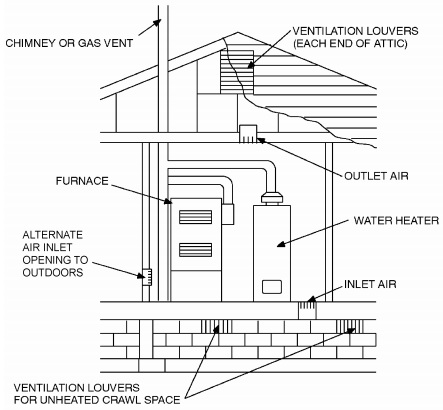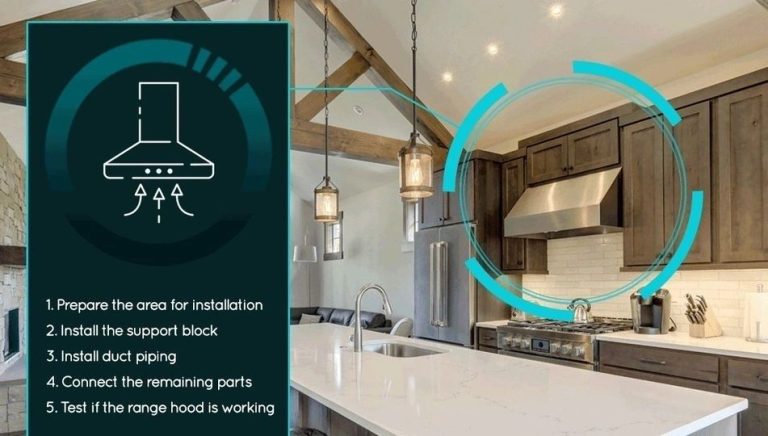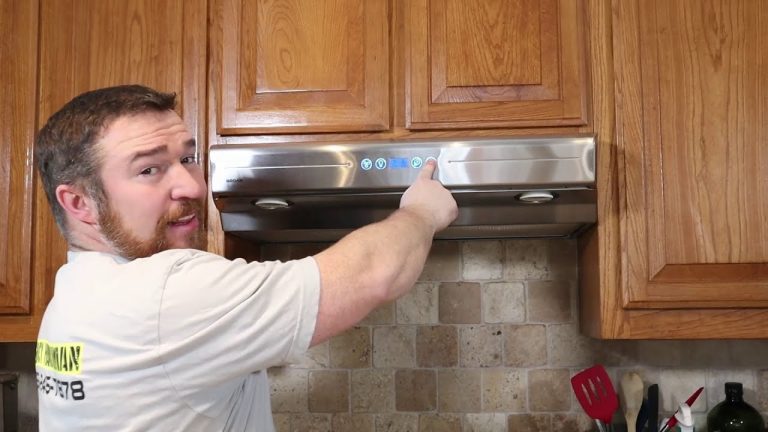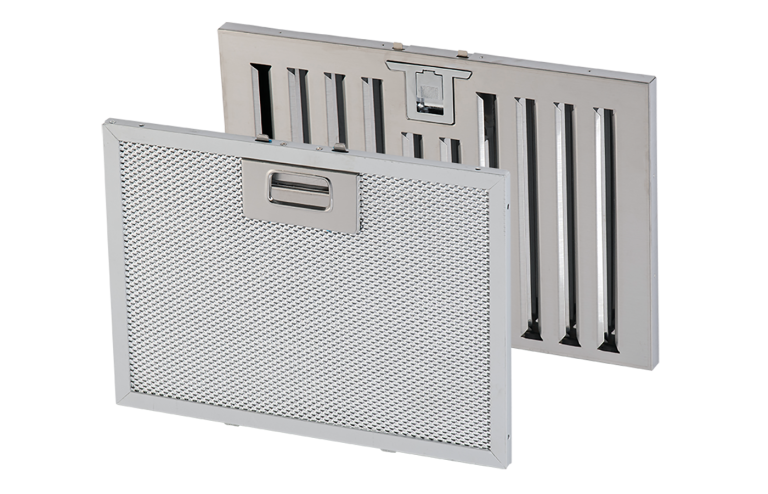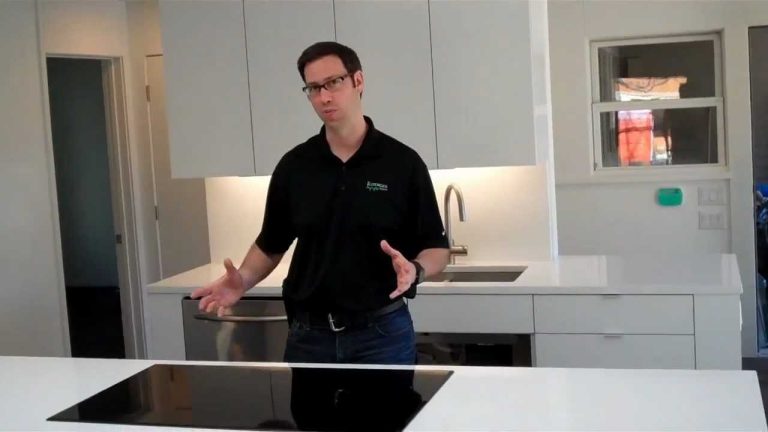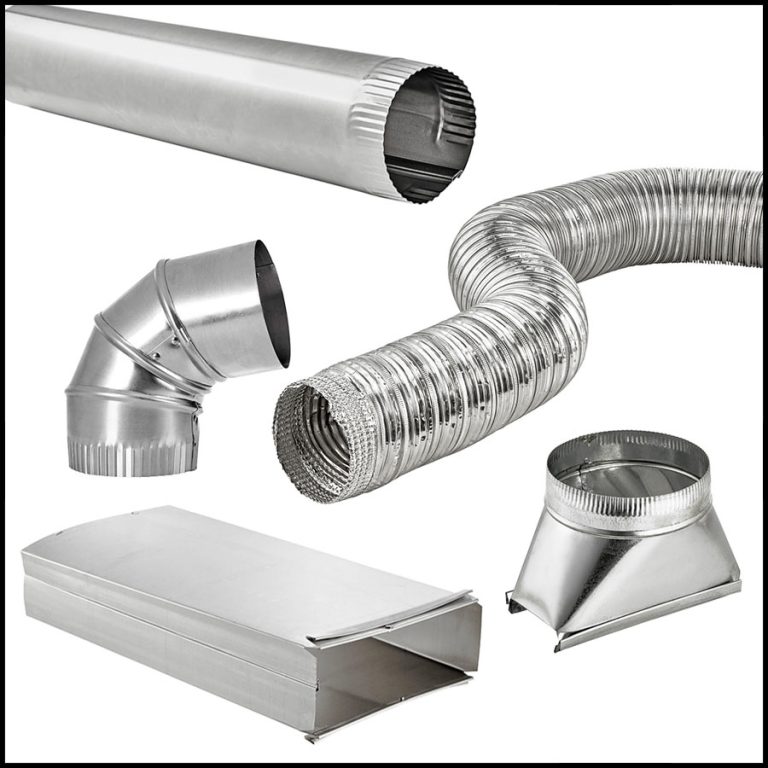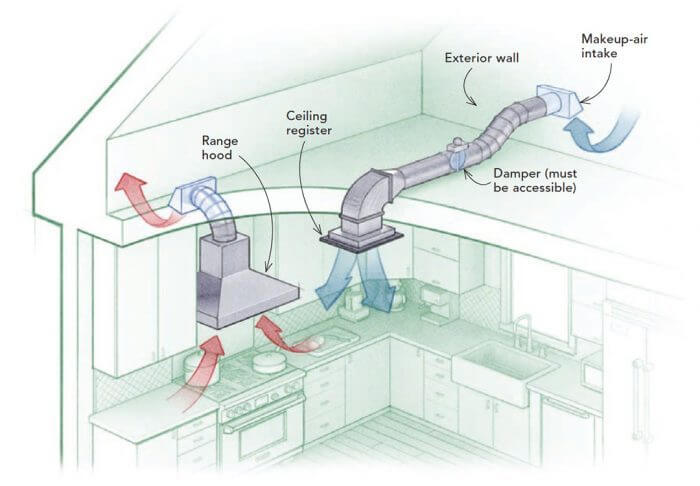A range hood is not explicitly required by code in North Carolina. It depends on local building regulations and specific conditions.
Range hoods play a crucial role in kitchen ventilation. They help remove smoke, grease, and odors, enhancing indoor air quality. In North Carolina, while state codes might not mandate them universally, local jurisdictions may have specific requirements. Understanding these regulations is essential for homeowners and builders.
Proper ventilation ensures a healthier living environment and can prevent potential fire hazards. Consulting with local building authorities or a professional contractor can provide clarity. Ensuring compliance with local codes not only avoids legal issues but also promotes a safer, more comfortable home. Always prioritize effective kitchen ventilation for both safety and convenience.

Credit: www.innovativedehumidifiers.com
Introduction To Range Hoods
Range hoods are important for every kitchen. They help to remove smoke, grease, and odors. This keeps the air clean and healthy. Range hoods also make cooking safer. They prevent grease from building up on surfaces.
Range hoods come in different styles and sizes. Some are built into the cabinets. Others hang above the stove. Choosing the right one depends on your kitchen and needs.
The main purpose of a range hood is to improve air quality. It removes harmful particles from the air. This helps to reduce respiratory problems. Range hoods also protect your kitchen from damage. They keep walls and cabinets clean from grease.
Another purpose is to remove heat from the kitchen. This makes cooking more comfortable. It also helps to keep the kitchen cool. This can save energy by reducing the need for air conditioning.
| Type | Description |
|---|---|
| Under Cabinet | Mounted under kitchen cabinets. Saves space. |
| Wall-Mounted | Attached to the wall above the stove. Very common. |
| Island | Hangs from the ceiling above an island stove. Stylish and modern. |
| Downdraft | Pops up from the countertop. Ideal for open kitchens. |
North Carolina Building Codes
North Carolina has strict building codes. These codes ensure safety and health. Builders must follow these rules. The codes cover many areas. One important area is kitchen ventilation.
A range hood is often needed. It helps remove smoke and odors. This keeps the air clean. The building code specifies when a hood is required. The code also details installation rules. Make sure to check the latest version.
Range Hood Regulations
North Carolina building code requires range hoods in new homes. They must vent to the outside. Recirculating hoods are not allowed. The code ensures proper ventilation. This helps remove smoke and odors. It also reduces grease build-up. Proper ventilation improves indoor air quality.
Commercial kitchens must follow strict rules. Range hoods are mandatory. They must meet specific standards. Commercial hoods need to vent outside. They also require regular cleaning. This prevents fire hazards. Compliance ensures a safer cooking environment.
Installation Standards
A range hood must vent outside. It helps remove smoke and odors. The vent should be short and straight. This ensures the best airflow. Use metal ducts for the vent. Plastic ducts are not safe. Clean the vent regularly. This prevents blockages and keeps the air clean.
The range hood should be at the right height. Place it 24 to 30 inches above the stove. This height captures most smoke and grease. Ensure the hood is centered over the stove. It should cover the entire cooking surface. Follow these steps for proper installation.
Exemptions And Exceptions
A range hood is not needed if the kitchen has a natural ventilation system. Windows that open can replace the need for a hood. The home must meet certain airflow requirements.
Another case is if the cooking appliance is electric and not gas. Electric appliances may have different rules. Always check local codes for specific details.
Some homes have special exemptions. Historical homes may not need modern range hoods. These homes follow different rules to preserve their structure. Tiny homes can also have different requirements.
In these homes, space and design play a big role. Always consult a local expert for guidance.

Credit: marmicfire.com
Benefits Of Installing A Range Hood
A range hood removes smoke, grease, and odors from the kitchen. This helps in maintaining clean air. It prevents harmful particles from settling on surfaces. Clean air is crucial for good health.
A range hood also reduces fire risks. It removes flammable particles from the air. This makes the kitchen a safer place.
A range hood improves air circulation in the kitchen. Better air circulation keeps the kitchen cool. This makes cooking more comfortable.
It also helps in keeping the kitchen cleaner. Less grease and smoke mean less cleaning. This saves time and effort.
Common Misconceptions
North Carolina building code does not mandate the installation of a range hood. Local regulations and specific circumstances may vary. Always check with local authorities for precise requirements.
Myths About Range Hoods
Many people think range hoods are not necessary. This is a common myth. Some believe that a window is enough. This is not always true. Range hoods help remove smoke and odors. They keep the air clean.
Clarifying The Facts
Range hoods are important in kitchens. They improve air quality. North Carolina has building codes for range hoods. These codes ensure safety and health. Check local codes for details. Some places may have different rules.

Credit: unc.spirit.bncollege.com
Choosing The Right Range Hood
A good range hood keeps your kitchen air clean. Size matters; it should cover your stove. Noise level is important; some hoods are very loud. Power is also key; stronger hoods remove more smoke and odors. Think about the style and design. A hood should match your kitchen’s look. Installation can be a big job. Some hoods need professional help. Cost varies widely. Set a budget before you shop. Energy efficiency can save money on bills.
Many brands make great range hoods. Broan is popular and reliable. Whirlpool offers stylish designs. GE has powerful models. KitchenAid is known for quality. Samsung offers modern features. Bosch makes energy-efficient hoods. LG is another trusted name.
Frequently Asked Questions
Is A Range Hood Required In North Carolina?
Yes, a range hood is required by code in North Carolina. It helps in removing smoke, grease, and odors. It’s essential for maintaining indoor air quality.
What Are The Range Hood Requirements In Nc?
North Carolina building code mandates range hoods in kitchens. They must effectively ventilate to the outside. The installation should comply with local regulations.
Can I Use A Recirculating Range Hood?
Yes, but it must meet North Carolina code requirements. Recirculating hoods filter air but don’t vent outside. They are less effective than vented hoods.
Do I Need A Permit For A Range Hood?
Yes, you typically need a permit to install a range hood. Check with your local building department. Proper installation ensures compliance with North Carolina codes.
Conclusion
Range hood requirements in North Carolina depend on local building codes. Always check with local authorities. Proper ventilation ensures a safer and healthier kitchen environment. Investing in a range hood can improve air quality and comply with regulations. Prioritize safety and stay informed about local building requirements.
